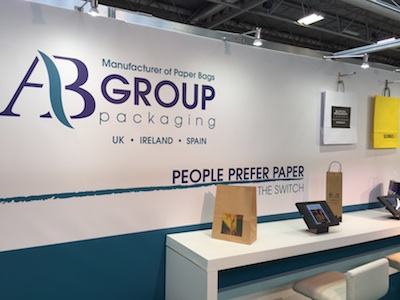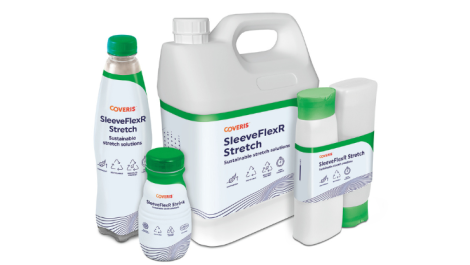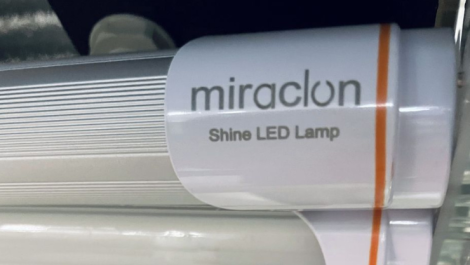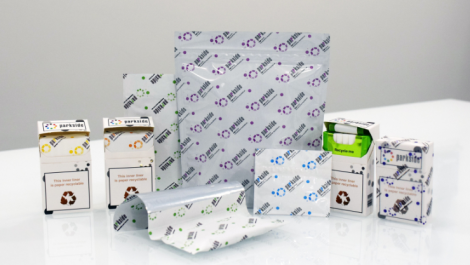Leading UK manufacturer of paper carrier bags and flexible packaging, AB Group Packaging has endorsed the findings of a recent life cycle assessment report by the Swedish Environmental Research Institute Limited (IVL), which compared the use of virgin fibre based packaging products against those of alternative plastic materials.
The report highlighted the environmental advantages of using paper-based packaging products over those of plastic, and a further report is currently underway in conjunction with Tara Expeditions focusing on the impact of plastic on the marine life. This is particularly significant to AB Group, as it has recently chosen to cease production of plastic bags due to the impending 5p plastic bag charge that will be implemented in England with effect from 5 October 2015.
The life cycle assessment highlighted several areas that can impact environmentally in the use of either paper-based packaging or plastic, with plastic being found to have a far slower, and much longer degeneration time when put into landfill as opposed to paper. Plastic can still impact the environment in landfill, even after 100 years.
In the UK alone, the report indicated that some 65% of plastic waste is put into landfill. The degradation process of plastic being much slower than that of paper, means emissions (such as greenhouse gases) will continue to be released. Whereas paper can be further recycled and then put back into the production process for re-use.
The report also showed that plastic grocery bags had a far higher impact on global warming in their material production as opposed to a paper grocery bag (0.04 kg CO2 against just over 0.01 kg CO2 for paper). The same was found to be true for the acidification process in the material production of a plastic grocery bag against a paper one.
AB Group has been doing its best to highlight the issue, and the advantages of using paper as opposed to plastic, as demonstrated by the findings of the report, which was commissioned by BillerudKorsnäs, and with the government having announced the introduction of a 5p charge on all single-use plastic bags in England from October 2015.
The company is currently working in partnership with high street retailers on a seamless transition to paper carrier bags. Retailers are recognising the advantages of making the switch – there is no charge to the customer for paper carrier bags, people prefer paper because it is seen as progressive and environmentally conscious and their brand continues to be seen on to the high street. A further reason for encouraging the use of paper carrier bags is that the introduction of the new charge will mean additional administration processes, additional spend and updated IT systems for the retailers and brand owners, posing additional cost and administrative implications.
The government has stated that the plastic bag charge is, ‘a targeted, proportionate approach to the problem of carrier bag distribution and littering’. It has indicated, ‘It will therefore continue to focus on plastic bags and not on paper bags.’ According to government information, paper bags make up less than 0.1% of carrier bags distributed in the UK by the seven major supermarket retailers.






